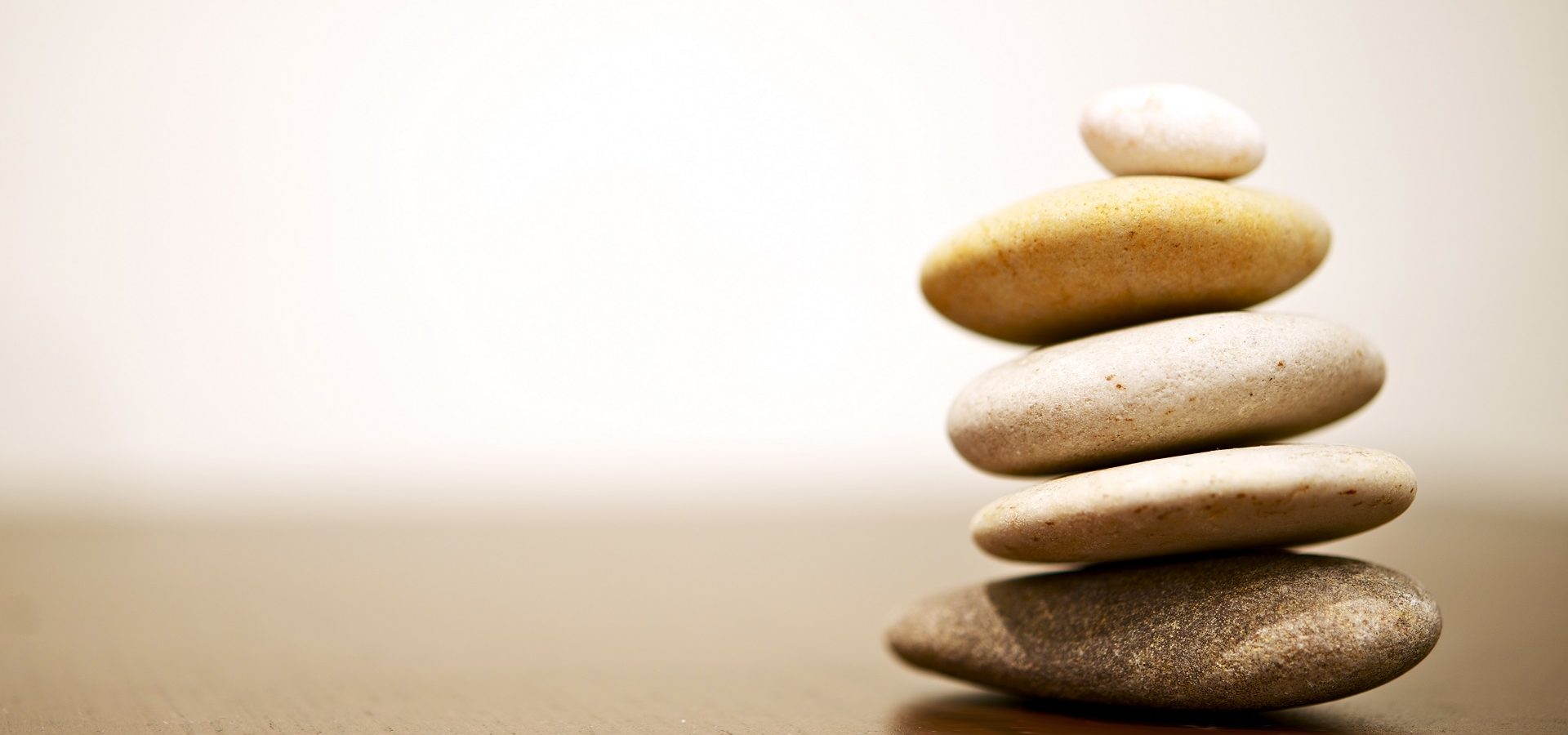Menu

Among the different sensations that we can experience throughout our lives, one of the most undesirable ones is the feeling of being out of balance. Whether it’s after having one drink too many, hitting your head on something, or standing up too fast, feeling unbalanced is never a pleasurable experience.
If you’ve ever had a fleeting dizzy spell, then you most likely remember it well enough to know that it isn’t an event that you look forward to having again. We’re talking about the sensation where a loss of balance that feels like faintness, floating, or spinning beyond control takes place without even moving quickly or spinning in circles.
After going through the unique loss of balance, you might be wondering about a few different things related to the whole sensation and how it stands out from other similar experiences. Although there are many details to start keeping track of, however, there’s one aspect of dizziness that you should definitely know more about: Its link to your sense of hearing.
Are the two factors correlated?
Yes! Generally, people associate the feeling of dizziness with other parts of the body or senses like the sense of smell because of how commonly-linked it is to an imbalance. In the case of fleeting dizzy spells, things can differ on a certain level because the feelings of floating, spinning, or faintness are more associated with the inner ear.
Expounding on the correlation
A feeling of imbalance that is experienced alongside dizziness is typically classified as one of the rarer forms of balance disorders and goes by a single name: Vertigo.
Vertigo is responsible for causing the feeling of a rotating or spinning component during imbalances linked to the inner ear.
While various inputs maintain our perception from the nerves of the muscles and joints, and our sense of sight, the organs responsible for our hearing also deliver critical data when determining our sense of balance. This means that even if the other related organs don’t have any problems transferring accurate data to the brain for balancing, dizziness can still happen if the ear doesn’t follow suit.
In some cases of vertigo and similar conditions relating to an experience of disequilibrium, treating the condition was only deemed effective after the cochlea or other parts of the inner ear were dealt with!
How is hearing diagnosed as a cause for feeling out of balance?
When doctors determine that the inner ear is the culprit for a patient’s imbalance, a series of tests using special equipment are done to understand the problem further. Procedures like Videonystagmography (VNG), MRI scans, and audiology testing help closely examine the inner ear and determine the presence of any abnormalities.
Once a clear problem in the inner ear and its effect on a sense of balance is determined, medical experts then prescribe various treatments to remedy the problem and cut out dizzy spells. One such example of treatment is hearing aids—such as those offered by Fraser Valley Beltone—that can help deliver more accurate signals to the brain!
Conclusion
Going through a spell of dizziness and feeling out of balance is an undesirable experience that can be caused by varying factors, one of which is a persistent problem in the inner ear. If you’re starting to feel out of balance where the world feels like it’s spinning, it’s highly-recommended that you visit your doctor and have your ears checked out!
If you’re looking for hearing aids in Abbotsford that will help you or a loved one avoid the dangers of an imbalance, get in touch with us to see how we can help. Our experts strive to bring you hearing that is so natural that listening will be a pleasure again!
Share Post
Facebook
Twitter
LinkedIn
Email
Reddit
Pinterest
